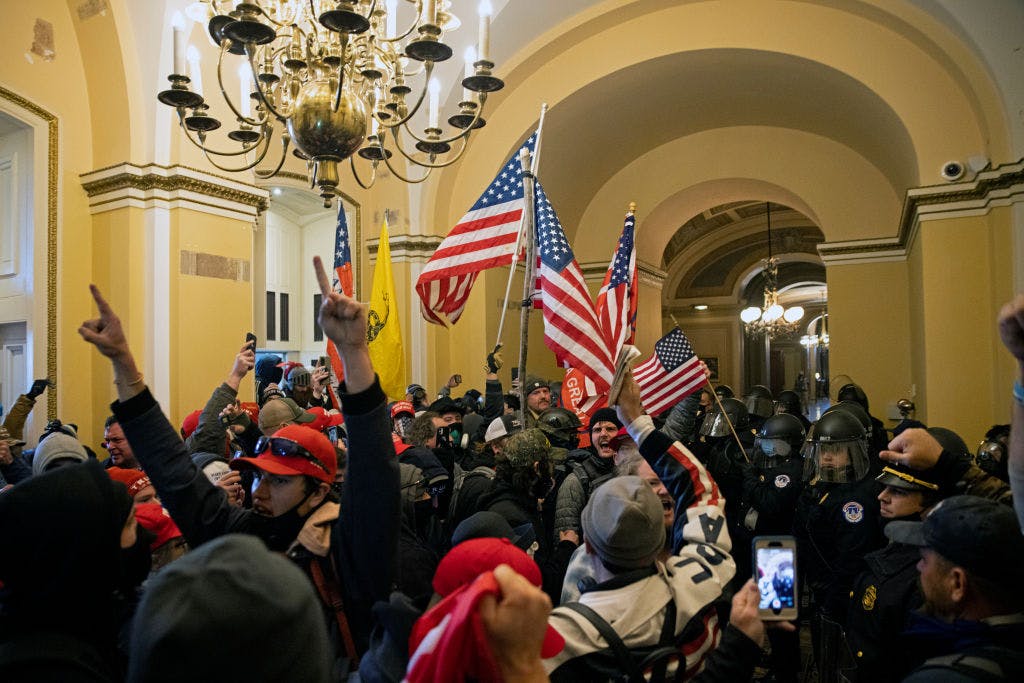
Florida Freeze Prompts Roundup of Cold-Stunned Iguanas as Thousands Fall From Trees
By LUKE FUNK
|Only Justice Sonia Sotomayor sounds like she might vote to uphold the Colorado Supreme Court ruling that found that Mr. Trump ‘engaged in insurrection’ and is ineligible to be president.

Already have a subscription? Sign in to continue reading
$0.01/day for 60 days
Cancel anytime
By continuing you agree to our Privacy Policy and Terms of Service.
By THE NEW YORK SUN
|